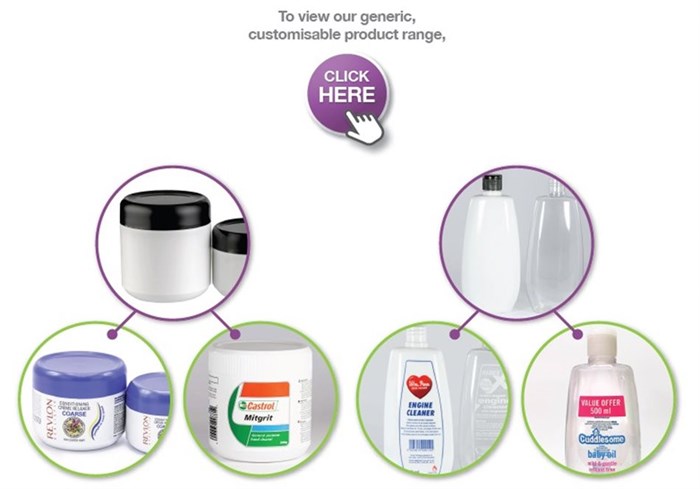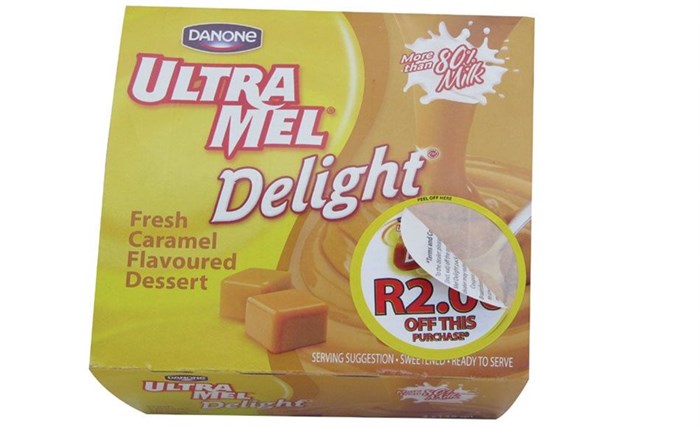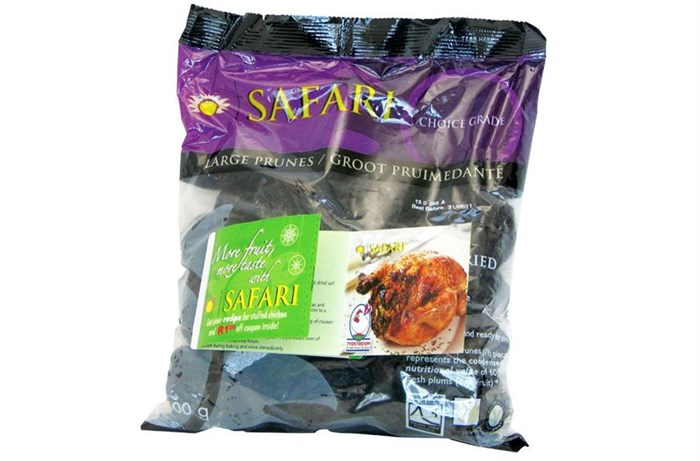The South African Plastics Pact collaboration involving some of South Africa’s largest retailers and brands is driving strong progress in eliminating plastic waste. According to the initiative’s annual report, 34.7 million ‘problematic or unnecessary’ plastic items were diverted from landfills between 2021 and 2022.
The SA Plastics Pact is part of a combined global network of 14 Pacts, spearheaded by the Ellen MacArthur Foundation and Wrap, a climate action NGO working around the globe. It is a collaboration of organisations, representing key role players across the plastic packaging value chain, working towards a South African-specific circular economy for plastics in the country.
The initiative is driven to achieve four circular economy goals for plastic packaging by 2025:
- Taking action on problematic and unnecessary packaging.
- Ensuring 100% of plastic packaging is reusable, recyclable or compostable.
- Establishing a minimum 70% effective recycling rate.
- Ensuring an average of 30% recycled content across all members’ plastic packaging.
The 43 SA Plastics Pact members include retailers such as Woolworths, Spar, Clicks and Pick n Pay as well as brand owners Coca-Cola Beverages South Africa, PepsiCo and Tiger Brands, working with businesses, government, Producer Responsibility Organisations (PROs) and NGOs to tackle plastics waste and pollution at its source.
Problematic and unnecessary plastic items
In South Africa, around 2.4 million tonnes of plastic waste are generated annually, equivalent to 41kg per capita per year – far above the 29kg per capita per year global average. Just 14% is recycled, and on average, every citizen leaks at least 1.4kg of plastic to the environment every year.
A significant contributor to the mountains of plastic waste in South Africa’s landfills and environment is what is called ‘problematic or unnecessary’ plastic packaging items. These are items that cannot be reused, recycled or composted, which contain or require hazardous chemicals in production, or which hinder or disrupt the recyclability of other items.
Because many of these items are small and can’t or won’t be collected for recycling, they are highly likely to end up as waste in the environment. Taking action in removing these items altogether forms target 1 of the SA Plastics Pact.
The SA Plastics Pact has identified and published a list of ‘problematic or unnecessary’ plastic items which members have begun to phase out.
12 problematic/unnecessary plastic items:
- PET and PVC shrink sleeves on PET beverage bottles
- Thin (barrier) bags at tills
- Oxo-degradable plastics
- PVC bottles, pallet wrap and labels
- Plastic stickers on fruit and vegetables
- Thin filmed barrier bags for fruit and vegetables (50% reduction)
- Plastic straws
- Plastic stirrers
- Single-use plastic picnic cutlery and plastic plates and bowls
- Cotton buds with plastic stems
- Plastic lollipop sticks
- Plastic microbeads in cosmetics
Out of the 96.3 million problematic or unnecessary items sold or distributed by SA Plastics Pact members in 2021, the biggest problems were (and remain) PET/PVC shrink sleeves on PET bottles, which contributed 475 tonnes, as well as the thin lightweight barrier bags at tills. PET/PVC shrink sleeves discolour and disrupt the recycling of rigid PET bottles, which otherwise has one of the highest recycling rates in the country whilst barrier bags represent one of the highest number of items reported, despite not being recycled and highly littered.
Encouraging progress
The SA Plastics Pact has made progress in achieving its top priority, as detailed in its most recent annual report. One of the highlights from the 2021/2022 report is that “34.7 million fewer problematic or unnecessary items were sold/distributed by members in 2021″.
This is the result of a variety of strategies implemented by members including, for example, the introduction of paper stems and sticks for earbuds and lollipop sticks; and the removal, altogether, of plastic straws, plastic stirrers and plastic stickers.
In addition, with regard to the top two problematic items, around 3.2 million PET/PVC shrink sleeves on PET beverage bottles were removed by the end of 2021; while 19.3 million barrier bags at tills were removed during 2022.
Waste reduction efforts
Among the waste reduction efforts among members, Pick n Pay entirely removed plastic barrier bags at till points, which accounts for 21% of barrier bags in stores. Similarly, Clicks has reduced PET/PVC labels on PET bottles, selling just 0.13 tonnes in 2021 compared to 1.44 tonnes in 2020.
In addition, some members are currently looking at reuse-refill dispensing solutions to eliminate on-the-go packaging. Some examples include the Sonke Pilot Project with Unilever involving refills for Sunlight Liquid and Unilever developing a partnership with Triple Shine for refills in spaza shops. A pilot project with V&A Waterfront has led to a ‘rent-a-reusable cup’ deposit-return system for beverages at the Oranjezicht City Farm Market in Cape Town.
Consumers are urged to contribute towards this progress by familiarising themselves with the ‘problematic and unnecessary’ plastic items, avoiding their use, and ensuring they don’t end up as litter or in a landfill.
How to spot problematic/unnecessary plastic items:
- Cannot be reused, recycled or composted.
- Contain or require hazardous chemicals in production.
- Hinder or disrupt the recyclability of other items.
Source:
https://www.bizcommunity.com/Article/196/348/237048.html




















